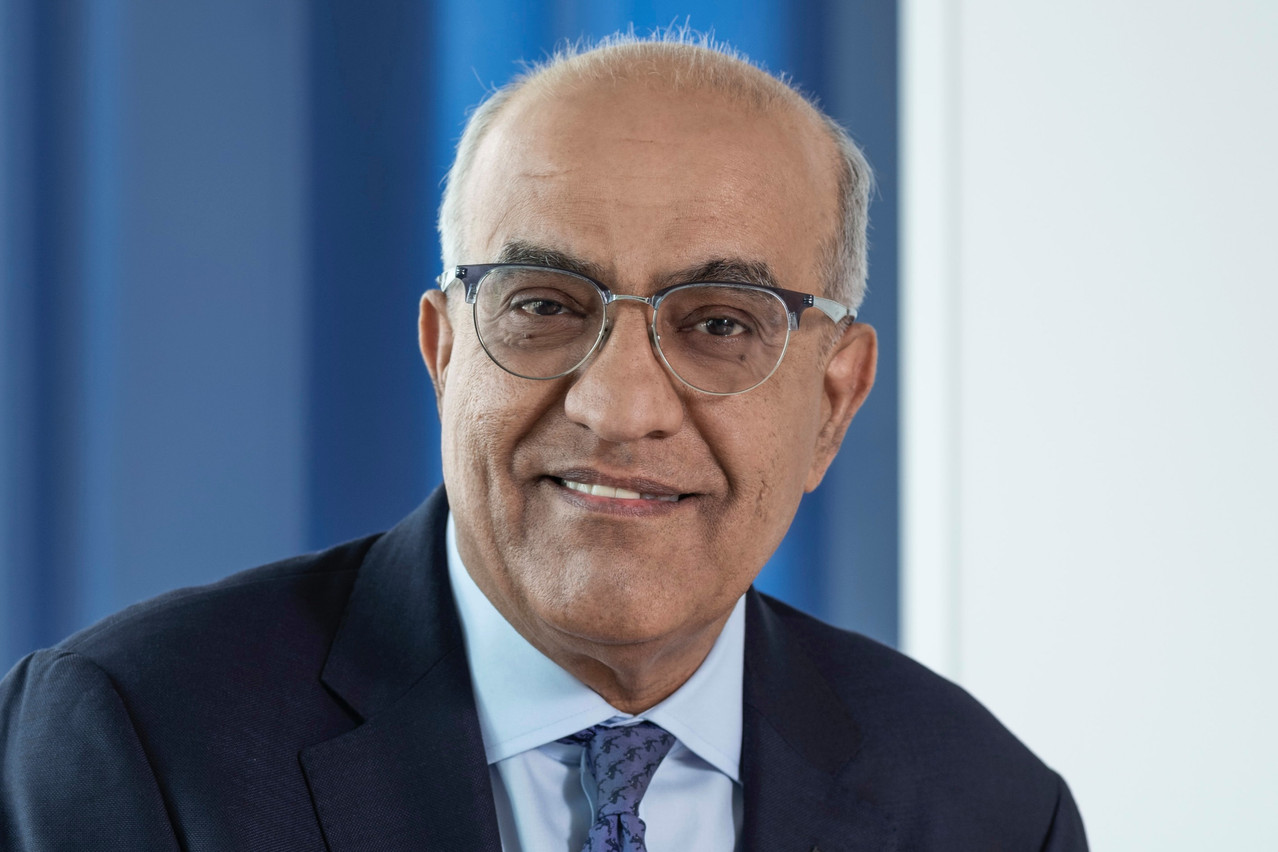The global economic impact of the recent is poised to be significant, with major economies facing serious challenges to their growth projections. Mahmood Pradhan, global head of macro economics at Amundi Asset Management, shared his insights during an interview with Paperjam on Monday 7 April 2025. He explained that the current market downturn, which has seen sharp declines in stock markets globally, is primarily driven by an unexpected surge in tariff levels that has taken many by surprise. Pradhan described this as “a very large correction, and a very rapid correction,” noting that the market’s reaction has been faster than previous downturns, such as those in 1987 and 2001, which highlights the deep uncertainty in today’s markets.
Higher than expected tariffs
Pradhan attributed the market turmoil on Monday, which saw several indices drop significantly and wiped out trillions of dollars in market cap, to tariffs set much higher than anticipated, affecting a wider range of countries than expected. He highlighted that tariffs on nations like Korea, Japan and India were “much, much higher than anyone anticipated,” and even Europe was impacted, with “reciprocal tariffs... much higher than what we were led to believe.” These unexpected measures took analysts, economists and markets by surprise, fuelling the rapid market correction.
He stressed that the economic consequences would be particularly severe for the US, where consumer costs are set to rise sharply due to higher import prices. Pradhan explained, “This represents roughly a 2% increase for each point higher in tax, as imports will cost more,” likening the tariffs to a significant tax hike. Whilst he expressed concern that these measures would slow US economic growth, he suggested that “this is not sustainable” and something “has to give” in the coming months. Pradhan anticipated that the ongoing tariffs and potential retaliatory measures would eventually lead to negotiations aimed at reducing them, though they would likely remain higher than earlier projections.
EU response to US tariffs
Turning to the European Union’s response, Pradhan noted that discussions within the EU were still ongoing, with some advocating for a more measured retaliation. Whilst there were calls for targeted tariffs on specific US imports, he suggested that the EU might be reluctant to adopt a broad, retaliatory stance akin to China’s. He observed, “There are important voices in Europe arguing that perhaps retaliation is not a good strategy,” making it unclear whether the EU would take the same aggressive approach as China.
Global recession or slowdown
Pradhan also addressed concerns about a . Whilst global growth had already been projected to slow before the tariff increases, he noted that the new measures could exacerbate the downturn. He explained that a global growth rate below 3% could signal a recession, though he emphasised that it was too early to definitively predict one in the next six to 12 months. However, he foresaw “very low global growth rates” in the near future and anticipated “some very weak outcomes” in the next one or two quarters as the effects of the tariffs unfold.
Pressure on the US
When asked about the possibility of the US administration reassessing its tariff policies in light of the market’s reaction and growing political pressure, Pradhan suggested that while predicting such a shift is difficult, it was likely that US president Donald Trump would face mounting pressure to reconsider.
He pointed out that tariffs had already led to sharp increases in the cost of goods, affecting everyday consumers, and that this could provoke public discontent. “There will be pressure from the US public... steep rises in many things,” Pradhan noted, predicting that such sentiment could lead to “weak consumption and weak investment,” ultimately contributing to a significant slowdown in the US economy.
He warned that global growth projections would likely be downgraded, with the risk of a serious slowdown remaining high. “If we end up with tariffs at a higher level than anticipated, globally, we should be looking at a lower growth scenario,” he said.
Targeting financial services
Pradhan turned to the EU’s potential response to the US tariffs, particularly in the financial services sector. He acknowledged that the EU has a trade deficit in financial products but expressed doubt about the feasibility of imposing tariffs on financial services such as hedge funds and asset management. “Financial services are very difficult to tax,” he explained. Many financial institutions, including US-based hedge funds, operate offshore, making it hard for the EU to impose effective tariffs. Pradhan also expressed skepticism about the EU’s willingness to take drastic steps in this area, fearing unintended consequences. Given the difficulty of regulating a global market and the lack of consensus within Europe, he concluded that any major moves in this direction were unlikely. “I don’t sense that Europe wants to restrict these services,” he added.
Low inflation and monetary policy
Pradhan went on to discuss the European Central Bank’s likely actions in response to the economic slowdown and its effects on inflation. He suggested that the ECB would not be constrained by the Federal Reserve’s policies, but would instead make decisions based on Europe’s inflation outlook. “The ECB will not be constrained by where the Fed policy rates are,” Pradhan said. With subdued inflation expectations in Europe, Pradhan predicted that the ECB would continue cutting interest rates to stimulate the economy.
Despite rising global bond yields, he suggested that the ECB might tolerate a steeper yield curve if it helped drive economic growth. “We are still looking at long interest rates that are not that high,” he noted. He also pointed out that, although tariffs could lead to short-term price increases, the broader economic slowdown in Europe would put downward pressure on inflation. As a result, Pradhan anticipated that the ECB might lower interest rates further, possibly below its earlier target of 2% and potentially to 1.75%.
